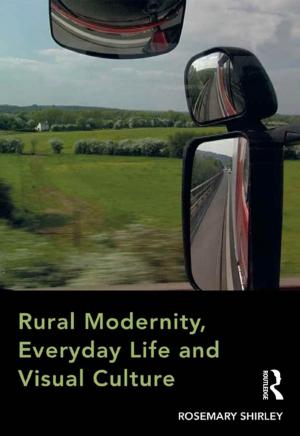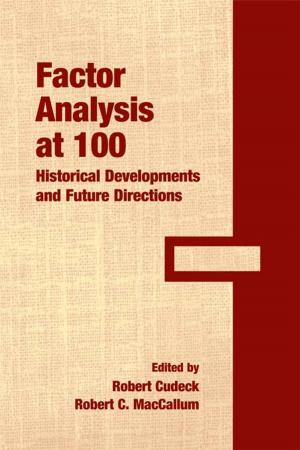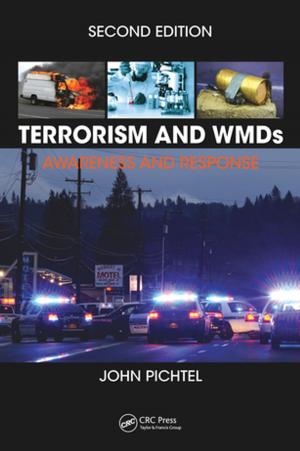Creating Texts
An Introduction to the Study of Composition
Nonfiction, Reference & Language, Language Arts, Linguistics| Author: | Walter Nash, David Stacey | ISBN: | 9781317891529 |
| Publisher: | Taylor and Francis | Publication: | September 25, 2014 |
| Imprint: | Routledge | Language: | English |
| Author: | Walter Nash, David Stacey |
| ISBN: | 9781317891529 |
| Publisher: | Taylor and Francis |
| Publication: | September 25, 2014 |
| Imprint: | Routledge |
| Language: | English |
Creating Texts emphasises a practical approach to composition and enables students to understand what is involved in the creation of a text and to learn from the practice of other writers. Extensively rewritten and updated from Walter Nash's earlier volume, Designs in Prose, attention is paid to the general theory of composition, in both traditional and original terms, so that students are made familiar with the basic resources of composition, in grammar and in the lexicon.
The essence of every chapter is the discussion of examples of text, sometimes devised by the authors, but more often drawn from the work of authors writing in diverse styles of English. This practical approach is most evident in the final section of the book where detailed suggestions for projects and exercises reinforce the connection between theory and practice, and encourage students to develop their creative sense and to adapt their style of writing to fit the particular audience and context. In addition, this section is cross-referenced to the main text to allow students to consult easily the relevant chapter.
Creating Texts emphasises a practical approach to composition and enables students to understand what is involved in the creation of a text and to learn from the practice of other writers. Extensively rewritten and updated from Walter Nash's earlier volume, Designs in Prose, attention is paid to the general theory of composition, in both traditional and original terms, so that students are made familiar with the basic resources of composition, in grammar and in the lexicon.
The essence of every chapter is the discussion of examples of text, sometimes devised by the authors, but more often drawn from the work of authors writing in diverse styles of English. This practical approach is most evident in the final section of the book where detailed suggestions for projects and exercises reinforce the connection between theory and practice, and encourage students to develop their creative sense and to adapt their style of writing to fit the particular audience and context. In addition, this section is cross-referenced to the main text to allow students to consult easily the relevant chapter.















